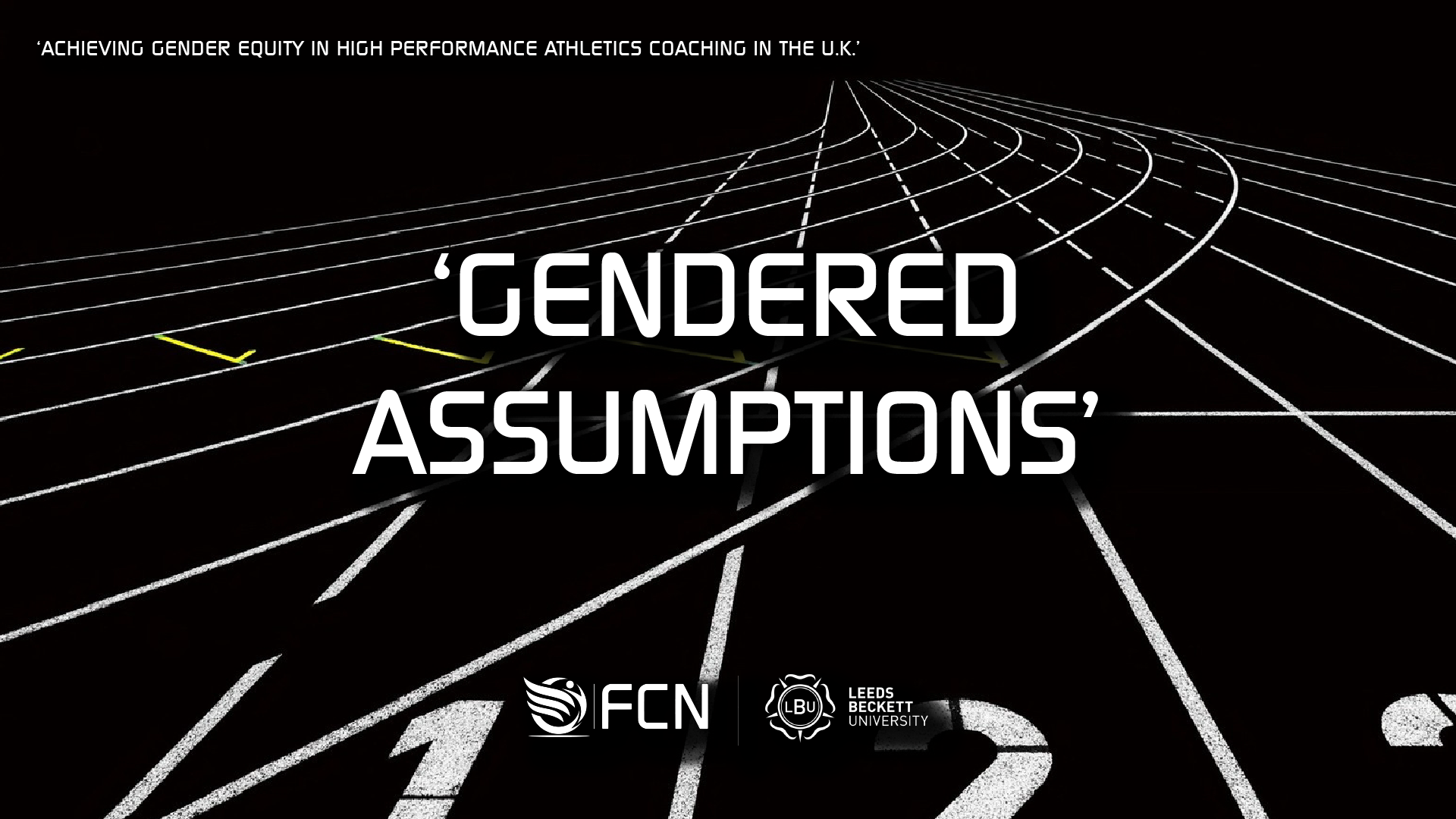
Findings: Achieving Gender Equity in High Performance Athletics Coaching in the U.K.
In addition to a feeling of being in the minority, many of the women described how gendered assumptions still shape the coaching culture across the NGBs and clubs. Such assumptions are that women are suited to either a ‘nurturing’ role of working with younger athletes or athletes with a disability, or that women coaches are suited to only coaching other women. In this way, there is a rhetoric of ‘women for women’: the role and value of women coaches is rooted in being able to work with female athletes.
I have coached mostly guys, and I find that other people find that hard to accept. And I find that absolutely baffling. Because as a female athlete, I was only coached by men, and that’s absolute fine. (Deborah)
I have heard stories in club set ups that want to do more performance coaching that are facing barriers at the clubs of ‘no you have to look after the little ones’ you know. And they tell you to pass these athletes onto the performance coach because you know, he is the performance coach. I think that is a common barrier that a lot of female coaches deal with… in terms of the bigger age group teams, the leader is always given to the male coaches. (Grace)
I think disability sport in general there’s more openings for female coaches….But I think, definitely the nurturing side of things is potentially why there might be more women involved in disability sport. (Victoria)
But it just struck me that generally, I find, if I’m with one of my girls, there’s normally other female coaches, if I’m with [name of male athletes], who compete nationally, there are much fewer female coaches working, especially with older male athletes. (Ava)
Or in one case, gendered assumptions were the basis of women coaches not being recruited for positions because there still exists the idea that coaching is for men and thus, judged against ‘male’ standards. A reform of what makes effective coaching and a greater value placed on different approaches to cultivate and attract diversity is needed:
I gave [the NGB] 3 names and they found an excuse against using all three names [for the job]. So, they didn’t pick them. They said women are too aggressive, not a people’s person, or they [cry]. I had someone say to me oh we can’t pick her because if she gets upset, she will cry. So those are the excuses. (Emma)
Some coaches spoke about not wanting to be forced into these spaces:
They had a male and a female, so I purposely, when we were having training, I purposely changed that so that I wouldn’t be just put with the girls. I said, “hold on a second, why do I need to do the girls, just because I am a woman doesn’t mean I should just look after the girls” and they put me with the female athletes, [name of events]. So, it was supposed to be coaches for [name of event], and they pushed me towards the females. I was like “well if I’m a coach, why do I need to do the females?” Anyway, I then made it so that he coached the girls and I coached the boys. And then when we went away, I was working with the boys. I did that on purpose so that the coaches were just coaches. And whenever we had meetings and stuff, they would say ‘[name of female coach] do you want to talk about the girls’, and I would say no, ‘I’ll talk about the boys’. Or I would say, no we are talking as a team. We are a team and we are working with the team, so there is no one person looking at the boys, and one looking at the girls, so that’s what we tried to implement, because I was very aware of what they were doing (Emma)
So, I had a go at it, and I wasn’t very good at it to start with…here we go, this is where it all starts right, they pointed me towards the children. Because women are good with children – no, not this one I don’t like children. I don’t like them at all. (Clara)